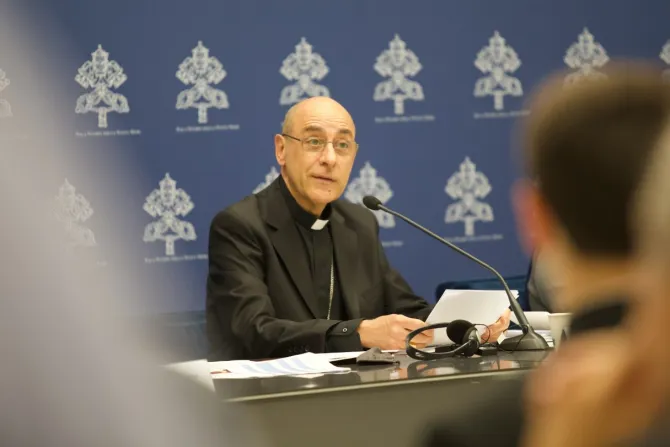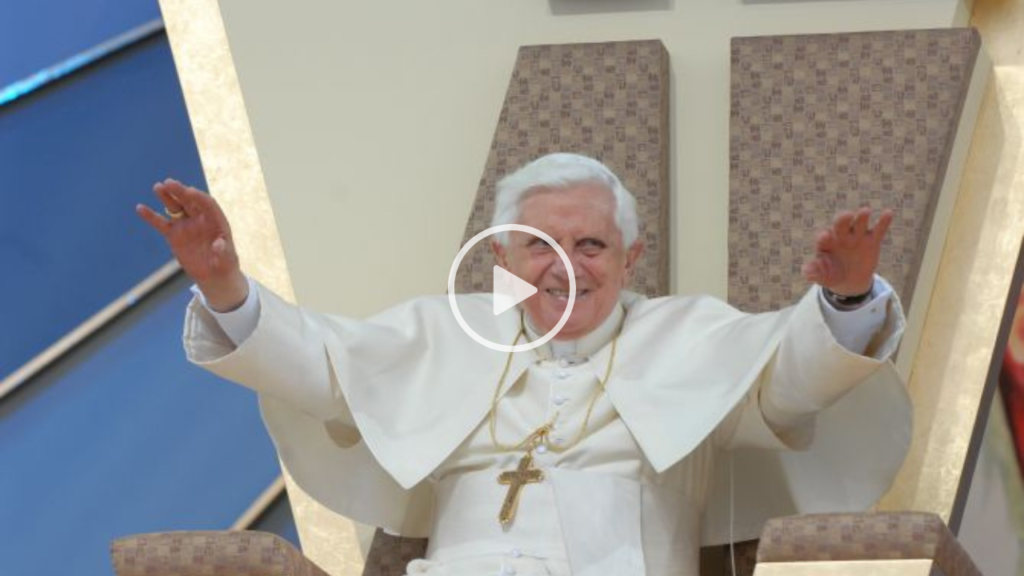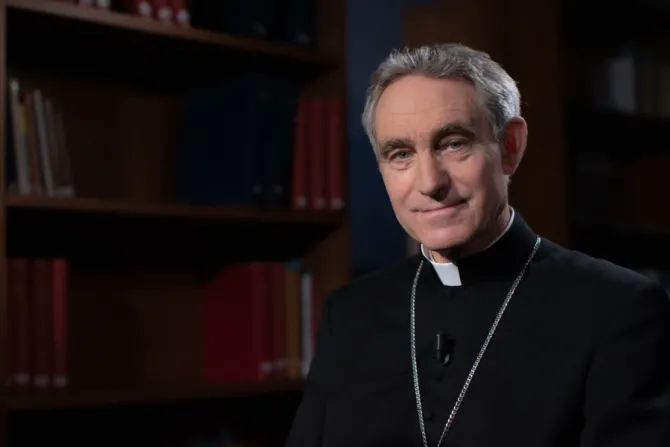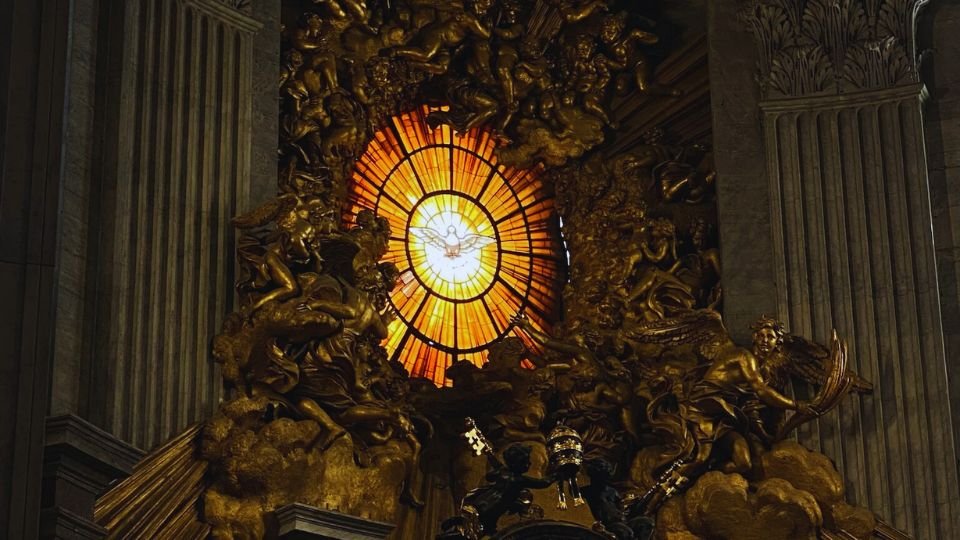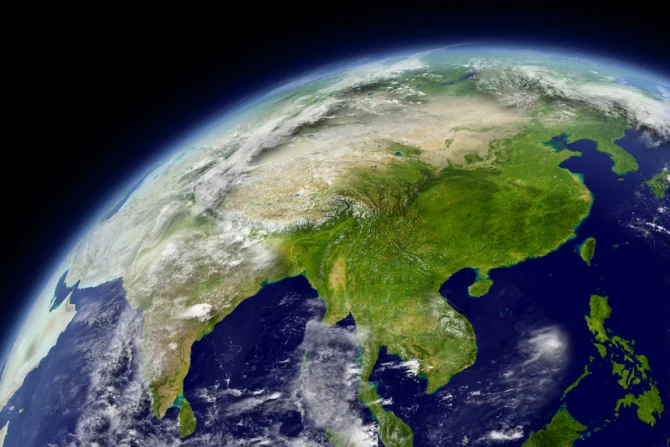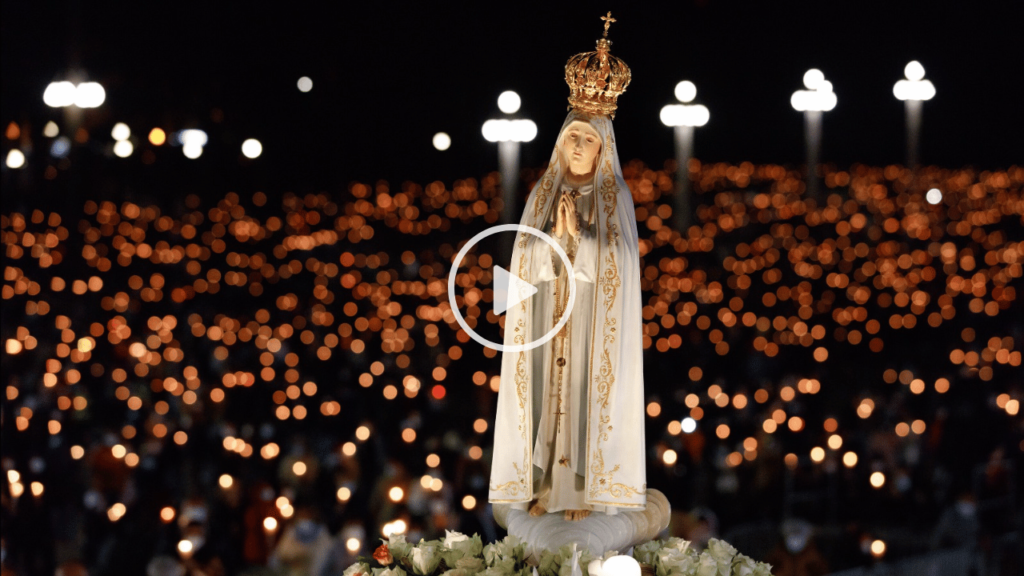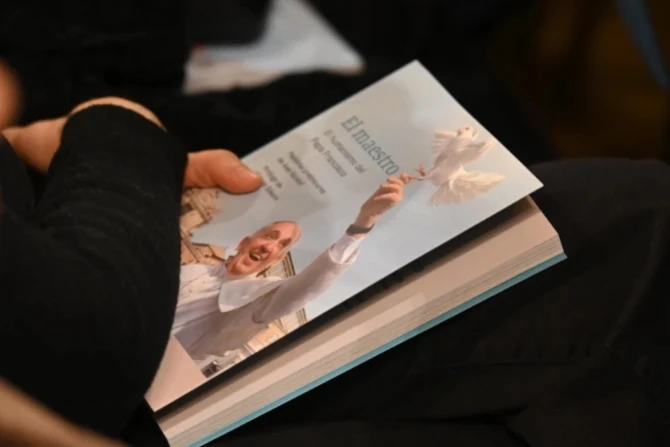Cardinal Víctor Manuel Fernández held a press conference on Friday addressing the Vatican’s new guidelines on apparitions, with the prelate noting that the new norms would help introduce greater prudence in the discernment process.
“The Church has stated that the faithful are never forced to believe in this phenomenon. They are never obliged. There’s no obligation,” said Fernández, the head of the Dicastery for the Doctrine of the Faith, during the conference at the Holy See Press Office on Friday.
“The Church, as a matter of fact, leaves the faithful free to devote their attention to this phenomena or not,” he added. “Revelation that has already happened is the word of God. It contains everything we need for our Christian life.”
The document, titled “Norms for Proceeding in the Discernment of Alleged Supernatural Phenomena” and released on Friday morning, establishes new guidelines on Marian apparitions, abrogating a former document issued in 1978 under Pope Paul VI.
Noting that these new norms establish a set of pragmatic guidelines to assist the local ordinary as well as the dicastery, Fernández said that “some phenomenon that could have a supernatural origin sometimes appear to be related to confused human experiences.”
Speaking specifically on the role of the bishops in the process, the cardinal observed that there have been instances in which some bishops have issued decrees on apparitions saying these events “should be considered as being true” and that the “faithful must believe, shall believe in this.”
“Quite often the bishop’s decrees have used these words,” Fernández said.
He emphasized that these new norms will help bishops “have a prudential character so that the faithful can accept this in a prudent way.”
“The pastoral action of the bishops and then situations can be very different and therefore we decided to have six possible conclusions,” he added. “If we look at history, at the different cases, we recognize different kinds of situations that can be basically located within these six possibilities.”
The new norms outline three stages for the discernment process. At the end of the evaluation process, the local bishop and a delegate he appoints to oversee the commission’s work are to prepare a “personal votum” in which the bishop proposes to the dicastery a final judgment. That decision will normally follow one of six formulas, one of which is the “nihil obstat,” a pronouncement that means there are no doctrinal objections.
“Without expressing any certainty about the supernatural authenticity of the phenomenon itself, many signs of the action of the Holy Spirit are acknowledged ‘in the midst’ of a given spiritual experience, and no aspects that are particularly critical or risky have been detected, at least so far,” the document states.
Drawing on biblical examples, Fernández noted that “right from the very beginning of the Church, the Holy Spirit itself, with charisms, promoted the necessary discernment of these manifestations. After 2,000 years, the Church still takes care of the faithful, helping them to be meek to the Holy Spirit.”
“These new norms are in continuity with this task,” he said.

